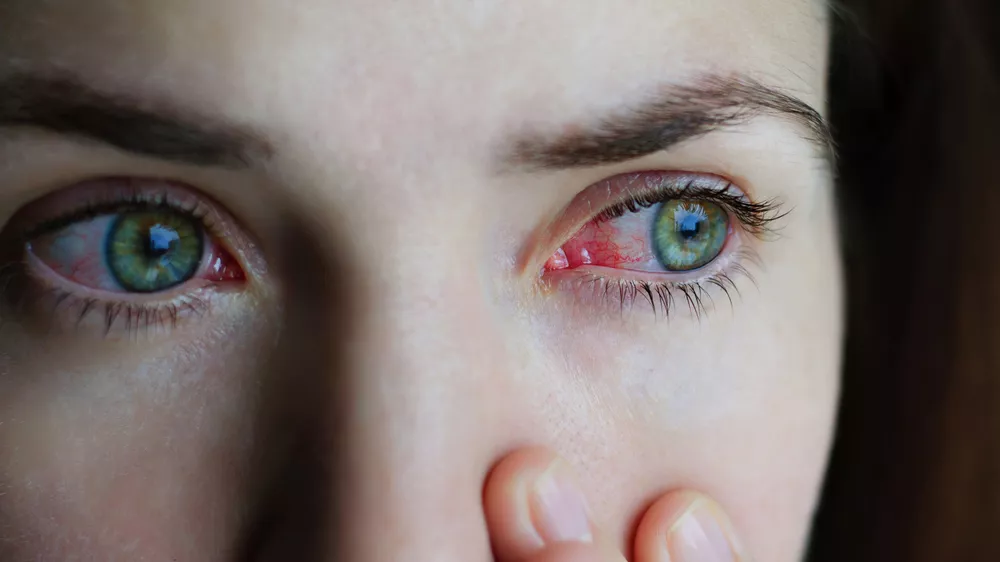Dr. Bhavya Reddy, Consultant - Ophthalmology, Aster Whitefield Hospital talks about Diabetic Retinopathy, a condition that damages the blood vessels in the back of the eye of people with uncontrolled blood sugar levels. Diabetic Retinopathy can cause the blood vessels in the eye to swell, leak, or get blocked. This can lead to the formation of new, weak blood vessels.
Risk factors and symptoms
The risk factors for diabetic retinopathy include type 1 or type 2 diabetes, uncontrolled blood sugar, high blood pressure, high cholesterol, and smoking. In the early stages, there are no symptoms of diabetic retinopathy. However, later stages can cause serious vision problems, including macular edema, which can cause decreased vision, and floaters, which are dark shapes that float across your field of vision.
Treatment for Diabetic Retinopathy
Early detection and constant monitoring are important to prevent vision loss. Dr. Bhavya says that treatment for diabetic retinopathy focuses on controlling blood sugar levels and cholesterol. In some cases, anti-VEGF injections, laser photocoagulation, or surgery may be needed.
Consult the Ophthalmology department at Aster Whitefield Hospital for an annual eye checkup which includes a dilated fundoscopy and diabetic retinopathy screening.










